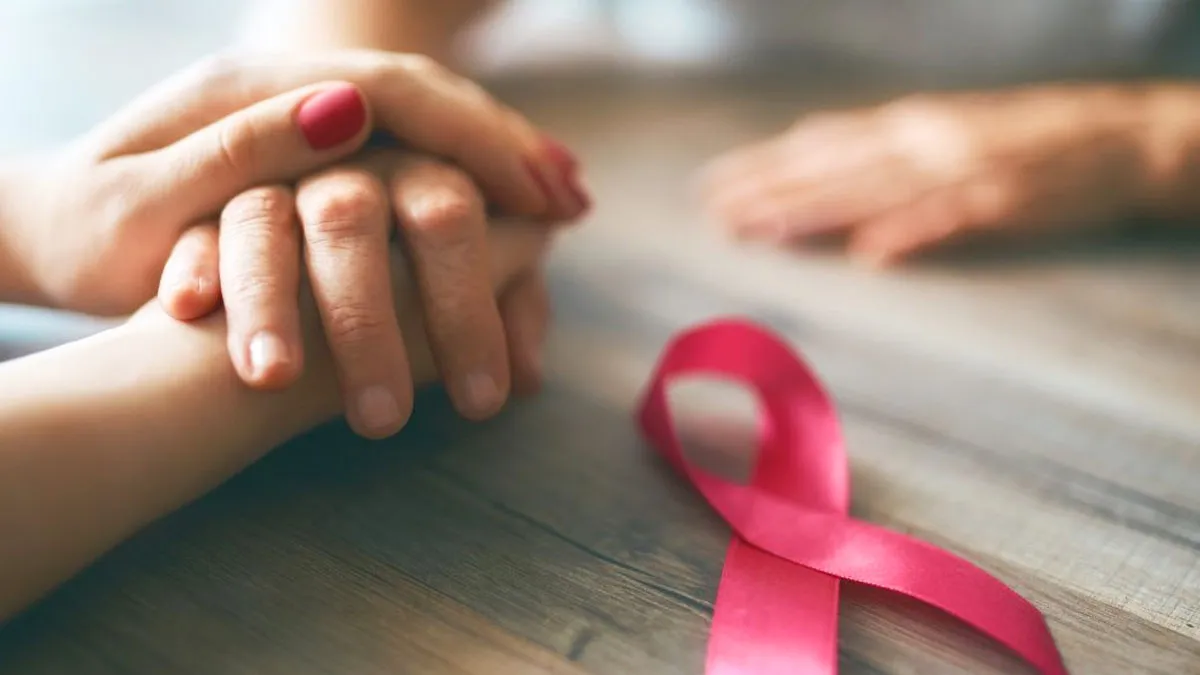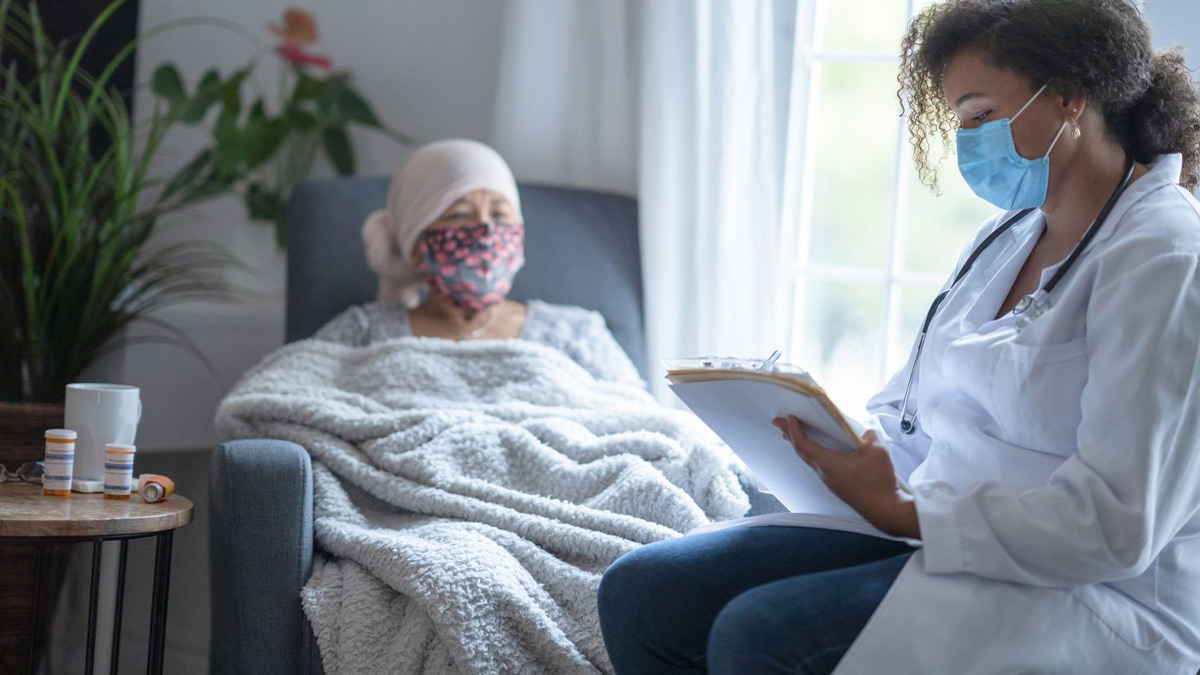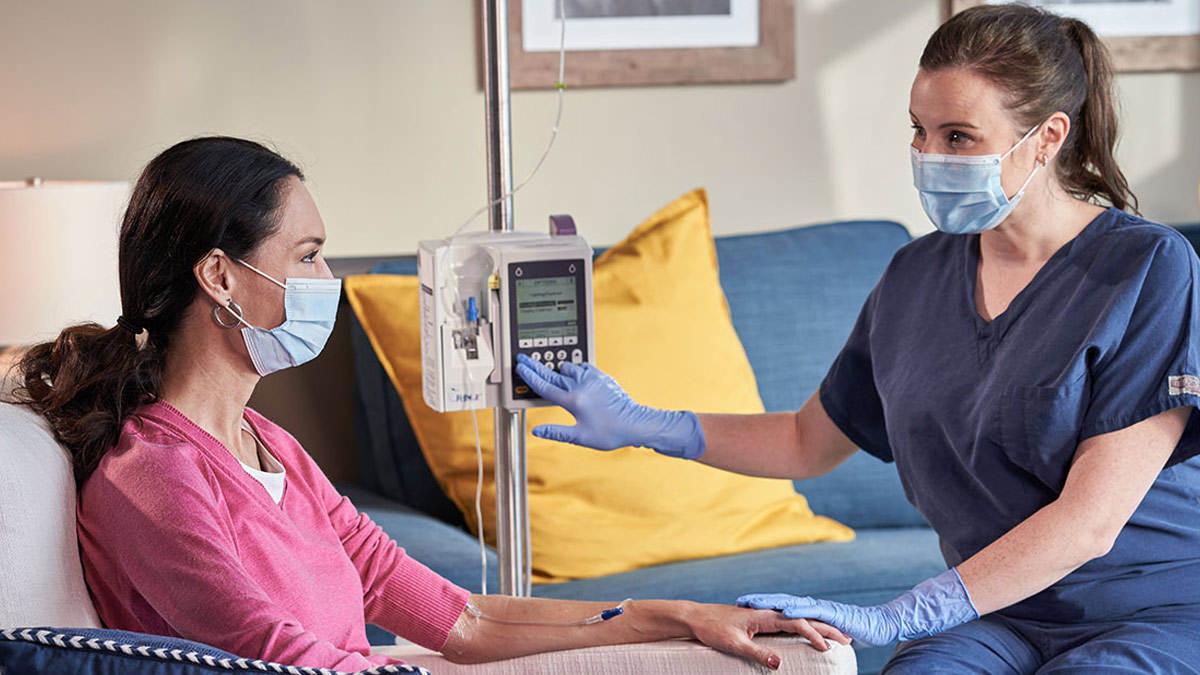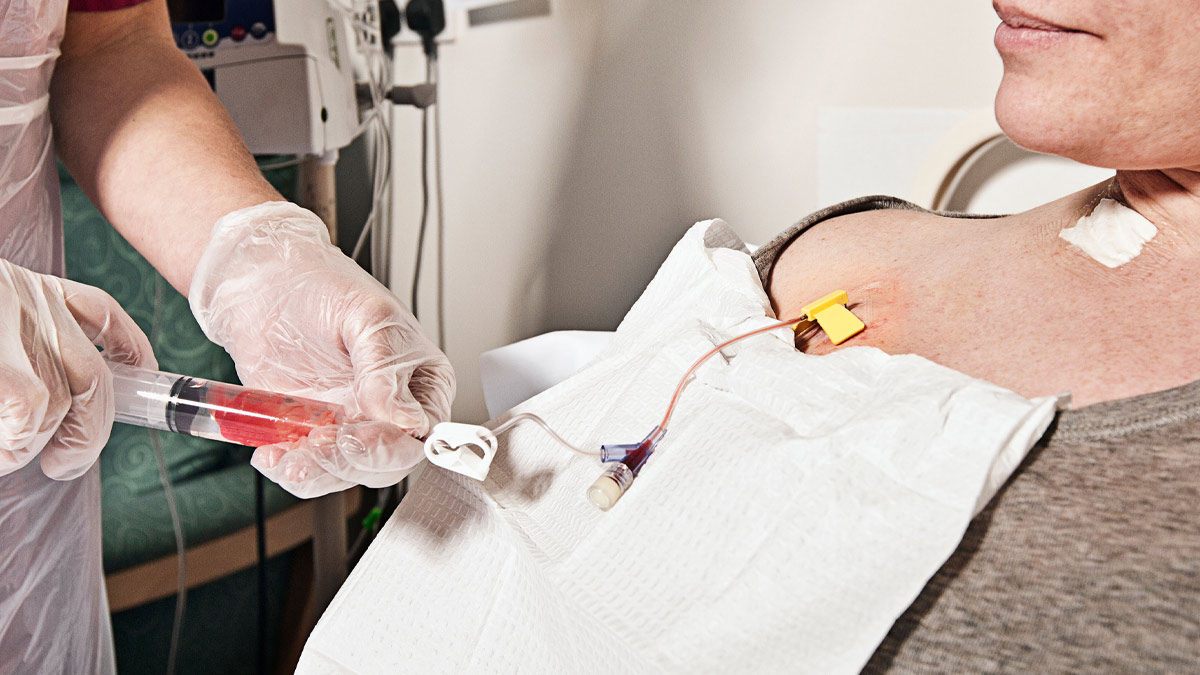
Breast cancer treatment is often a physically and emotionally taxing journey, and new research has shed light on the lasting health effects of chemotherapy. A recent study published in JAMA Network Open on February 28 has revealed that breast cancer survivors who undergo chemotherapy may continue to face prolonged physical challenges even years after treatment. The findings emphasize the need for a deeper understanding of post-treatment care and support for survivors.
Table of Content:-
Long-Term Physical Impact of Chemotherapy
The study analyzed data from over 2,500 women diagnosed with breast cancer and compared their health outcomes with more than 12,800 women without cancer. It found that those who had chemotherapy reported persistent fatigue and reduced ability to carry out everyday tasks, such as walking, climbing stairs, and lifting groceries, for more than two years following their diagnosis.

According to lead researcher Clara Bodelon, a senior principal scientist at the American Cancer Society, "If they do not receive chemotherapy, it is unlikely that they will have long-lasting physical health decline." While chemotherapy remains a crucial component in fighting aggressive breast cancer, this study highlights its significant and extended impact on physical well-being.
Comparing Chemotherapy and Hormone Therapy
The research also examined the effects of hormone therapy, a common treatment for hormone-positive breast cancer. It found that while hormone therapy could also contribute to physical decline, the impact was primarily associated with aromatase inhibitors—drugs that lower estrogen levels. However, the decline in physical function was most pronounced and long-lasting among women who had received chemotherapy. Out of the study participants:
Also Read: Game-Changer For Diabetes? Study Finds Fish Oil May Reverse Insulin Resistance
- 48% received hormone therapy
- 11% underwent chemotherapy
- 25% had both treatments
The study underscores the importance of understanding how different cancer treatments affect long-term health and how interventions can be developed to improve the quality of life for survivors.

How to Improve Recovery After Chemotherapy
For breast cancer survivors experiencing prolonged fatigue and physical decline after chemotherapy, there are strategies to help restore strength and well-being. Here are some expert-recommended tips:
Stay Active
Engaging in low-impact exercises like walking, swimming, or yoga can enhance mobility, reduce fatigue, and improve cardiovascular health. Gradually increasing activity levels can aid recovery.
Also Read: Shocking Study Links Pregnancy Painkillers To ADHD Risk In Children
Incorporate Strength Training
Light resistance exercises help rebuild muscle strength, improve posture, and boost overall endurance. Working with a physical therapist or trainer can provide a safe and personalized plan.
Maintain a Balanced Diet
Nutrition plays a key role in recovery. Eating lean proteins, whole grains, fruits, and vegetables can help reduce inflammation, strengthen the immune system, and support overall healing.

Manage Pain Effectively
Pain and joint stiffness are common post-chemotherapy complaints. Techniques like acupuncture, massage therapy, and heat therapy can help alleviate discomfort and enhance mobility.
Prioritise Hydration and Rest
Staying well-hydrated and ensuring adequate rest are essential for energy restoration and overall well-being. Setting a regular sleep schedule can improve fatigue management.
Seek Professional Guidance
A physical therapist can help create a tailored rehabilitation plan to address post-chemotherapy challenges, ensuring survivors regain independence and maintain a good quality of life.
Bottomline
While chemotherapy remains a crucial treatment in the fight against breast cancer, its long-term impact cannot be overlooked. The findings from this study call for increased awareness and research into post-treatment care to help survivors regain their health and vitality.
Understanding the potential challenges that come with chemotherapy allows patients, caregivers, and medical professionals to work together to develop better recovery strategies. With the right support, breast cancer survivors can navigate the road to recovery with strength and resilience.
Also watch this video
How we keep this article up to date:
We work with experts and keep a close eye on the latest in health and wellness. Whenever there is a new research or helpful information, we update our articles with accurate and useful advice.
Current Version
